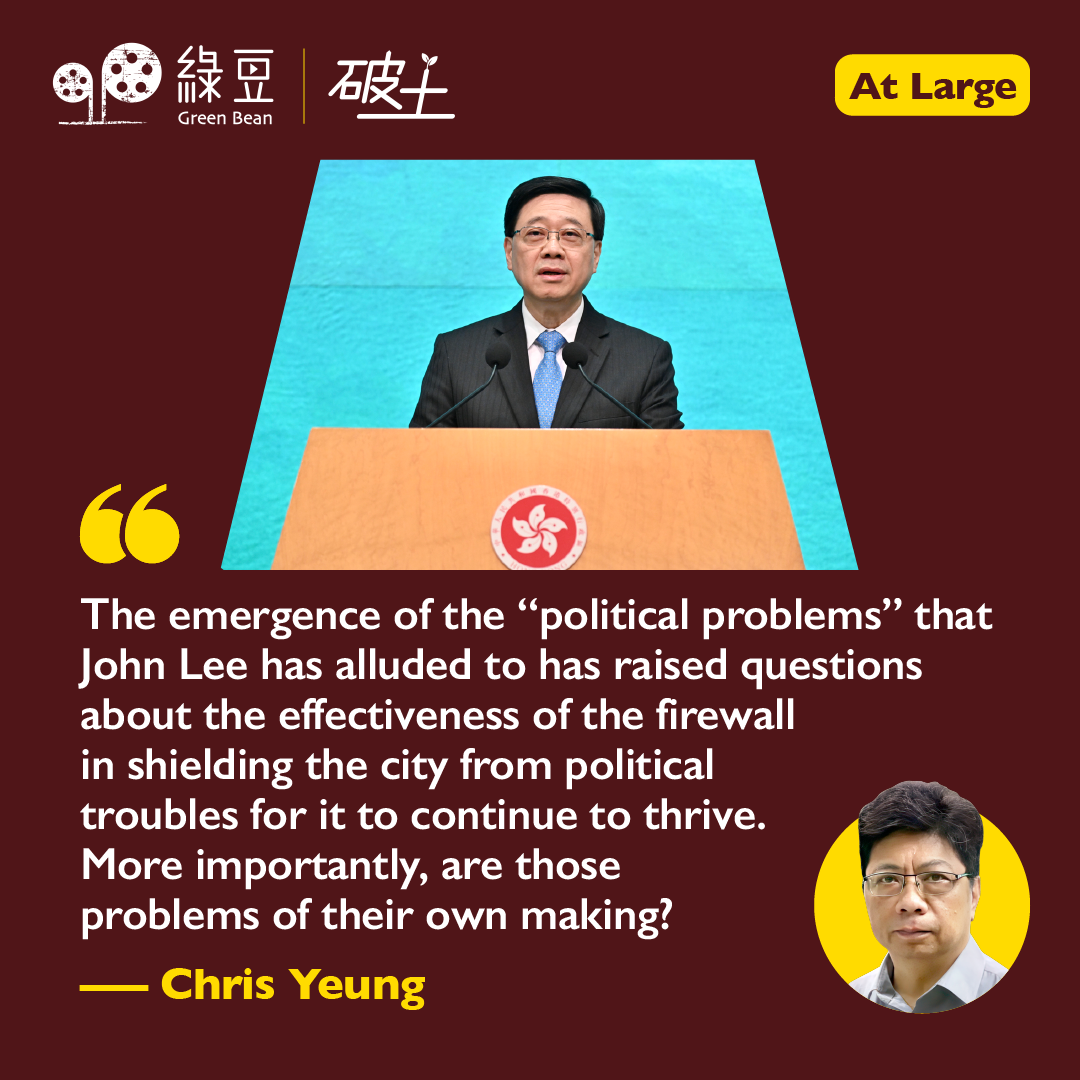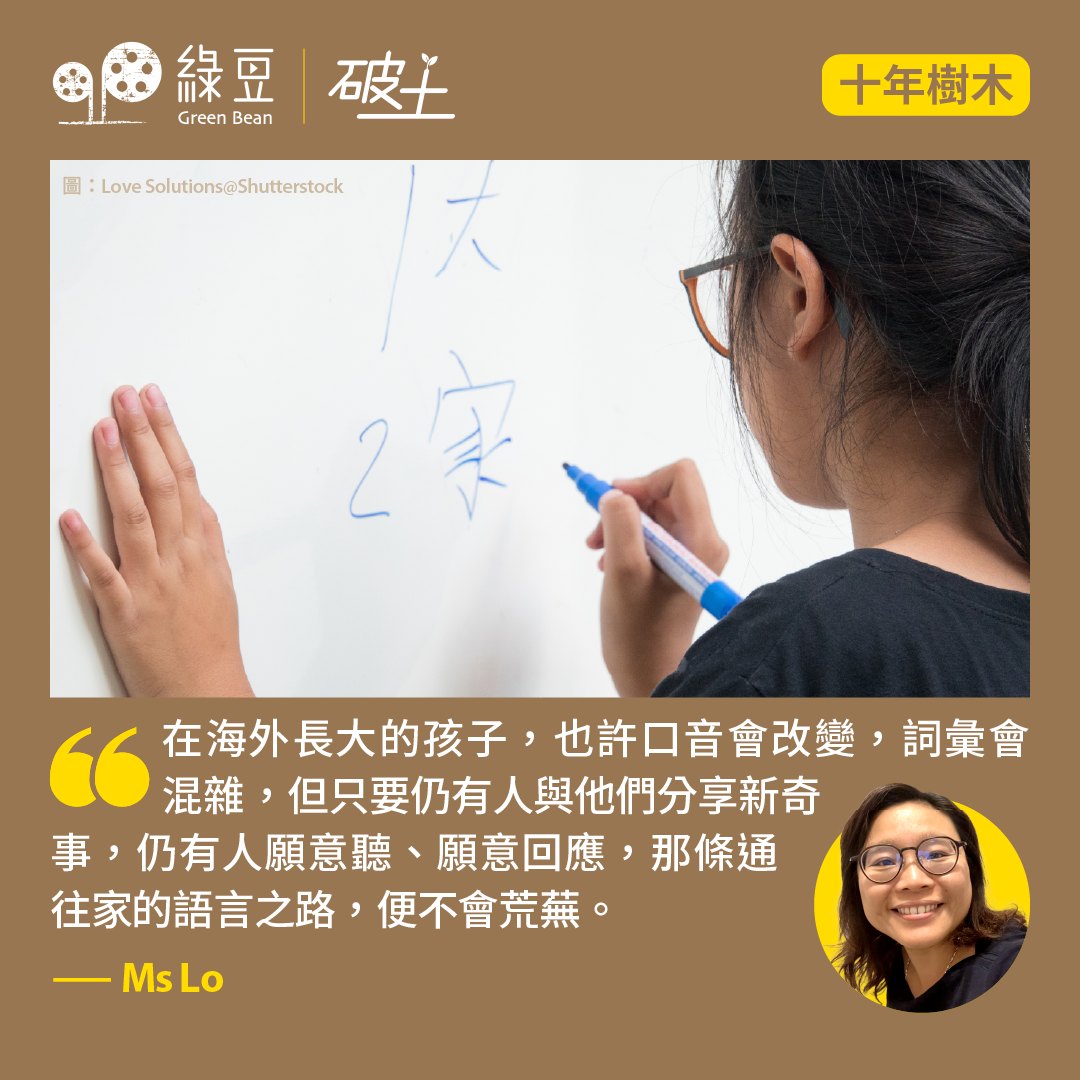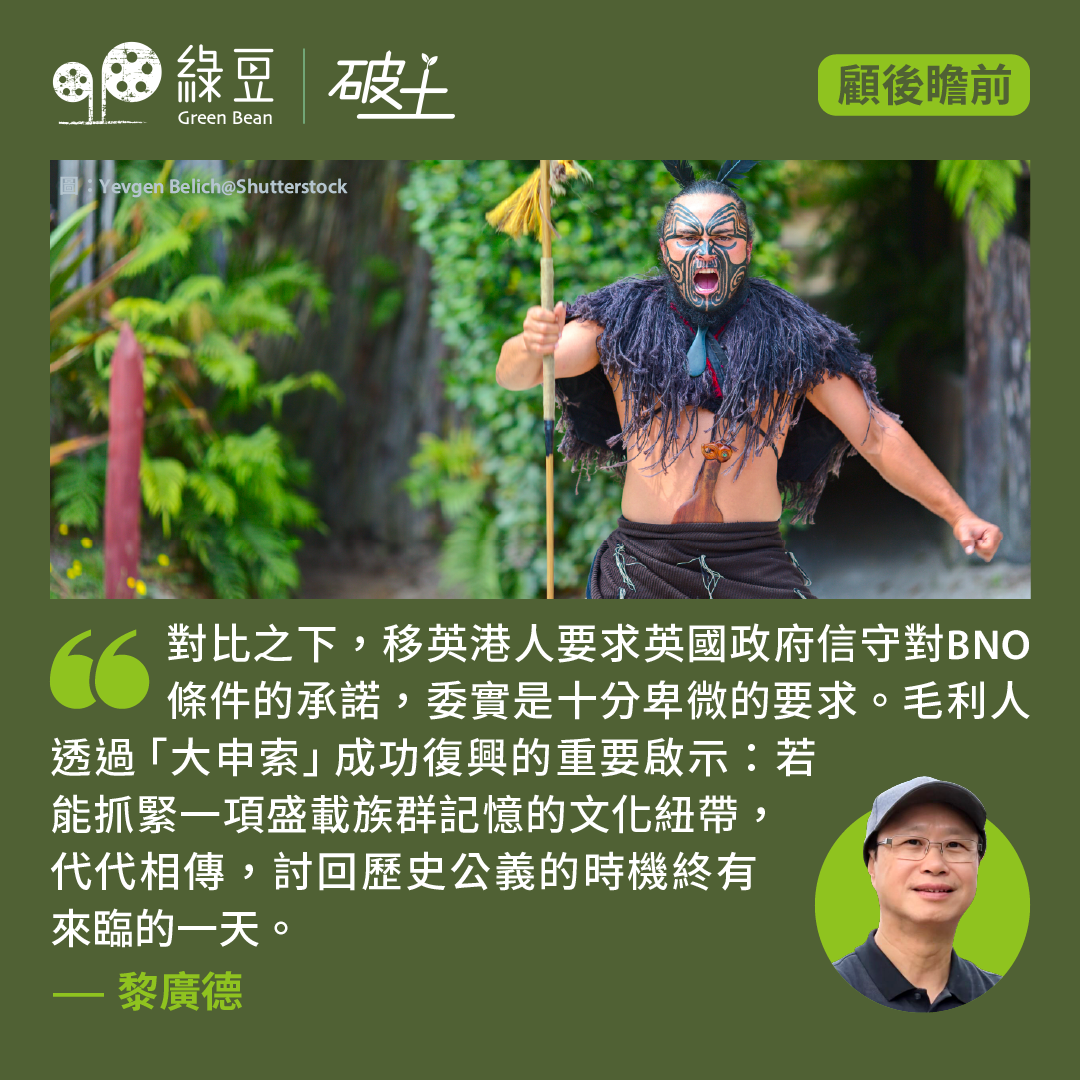Political problems blamed, but who makes them?

Jiang Enzhu, a former Beijing’s representative in Hong Kong, has described Hong Kong as a “difficult book” to read, referring to its complexities and uniqueness. In the same vein, Hong Kong has become an increasingly difficult story to be understood – and is even more so since its reversion to Chinese rule and, in particular, the watershed 2019 unrest.
Whether it is the beginning of the end of the Hong Kong story is anybody’s guess.
It was supposed to be an initiative by Chief Executive John Lee to tell the “good Hong Kong story.”
Giving a briefing for a Beijing-organised media tour to promote the Greater Bay Area on Friday last week, Lee said Hong Kong’s biggest challenges ahead are “political problems” rather than financial troubles.
He cited external forces’ attacks on the legal system and interference in the judicial process.
The issues stemming from “the power play between nations” exerted “the biggest pressure” on Hong Kong as a special administrative region of China, he said.
A blitz of attacks
Though without specifying, Lee was clearly referring to a blitz of attacks by foreign governments against Hong Kong’s human rights record and rule of law since the enactment of the Hong Kong national security law in 2020 – and the latest salvos fired by departing British judge Jonathan Sumption.
Rejecting political pressure from the UK government in 2020, Sumption had decided to stay on Hong Kong’ Court of Final Appeal in 2021. Citing his assessment on the city’s situation since then, he decided to resign as a non-permanent judge of the CFA this month, saying it is no longer realistic to stay to help uphold the rule of law.
In an opinion piece published in the Financial Times, he said Hong Kong was “slowly becoming a totalitarian state” and the rule of law was “profoundly compromised in any area about which the government feels strongly”.
Sumption’s remarks drew scathing attacks and strong rebuttals by the Chinese and Hong Kong governments and the pro-Beijing propaganda machine.
If the political bombshell dropped by the British judge has inflicted fresh wounds to the international image of Hong Kong, the blistering, disproportionate counter-attacks by the central and Hong Kong authorities may be counter-productive.
Fierce attacks from the authorities
They have given more credence to China- and Hong Kong-bashers for their claims that the city was “slowly becoming a totalitarian state,” where dissenting views could draw fierce attacks from the authorities.
Lee admitted in the media briefing that fluctuations in international politics have prompted some investors to pull out their funds. “It appears to me to be a political gesture to remove [money] away from Hong Kong, not for economic reasons, but for political reasons,” Lee said.
But he was confident that investors should be able to look past political turbulence when making long-term investments. “Politics doesn’t affect the market long term,” he added.
Lee’s frank admission of “political problems” taking their toll on Hong Kong’s finance and economy is intriguing.
Beginning from last year or so, the official verdict on the state of Hong Kong is that chaos that erupted in 2019 had come to an end, ushering a new phase of “from order to prosperity.” With the passage of the Article 23 legislation at the end of March, Lee declared the Government and society could focus on revitalising the economy and improving livelihood.
Events that unfolded since then show that is not the case. Stories related to the 35th anniversary of the June 4 crackdown, including the arrest of activist Chow Hang-tung for seditious intention, and the conviction of pro-democracy political figures involved with the 2021 Legislative Council “primaries”, have given more bad publicity to the Hong Kong story.
The alleged espionage case that involved an office manager of Hong Kong’s Economic and Trade Office in London, followed by the “unexplained death” of a British national, who had previously worked with security and intelligence organs and involved in the case, have triggered another round of diplomatic bickering between the two countries. More will come.
The case has raised questions about the involvement of Hong Kong’s overseas office in the intensified intelligence activities of the mainland authorities in overseas countries.
The firewall
Putting together, the Hong Kong story has become increasingly entangled with the China story featuring an aspiring, assertive superpower striving for greater influence in world development.
It cannot be more ironic that the original intent of the “one country, two systems” policy is to build a firewall between Hong Kong and the other parts of the country for the city to preserve stability and prosperity without being influenced by external power play between the communist regime and other world powers.
The emergence of the “political problems” that John Lee has alluded to has raised questions about the effectiveness of the firewall in shielding the city from political troubles for it to continue to thrive. More importantly, are those problems of their own making?





